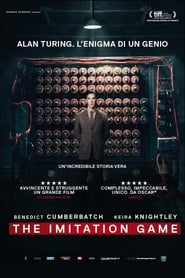There have been numerous articles and books written about the Enigma code breach; however, the role that the Polish cryptologists had played in it was often omitted in earlier works. An example of this was seen in 1974, when F. W. Winterbotham published a book titled "The Ultra Secret," where he claimed that the British were the first to break this cipher. The distinction actually belongs to the Poles, who accomplished that feat, albeit on an earlier version of the Enigma than the one used in WWII, in the 1930s. Their efforts, their transferral of the knowledge they had gained in the cracking, and the later efforts of Turing and the British are, for instance, detailed in Simon Singh's "The Code Book" from 1999. Whereas Britain in pre-WWII times still used linguists to break codes, the Poles had understood that it was necessary to use mathematics to look for patterns. They had then taken a further step by building electro-mechanical machines to search for solutions (known as "bombas," perhaps because of the ticking noise they made). These devices simulated the workings of an Enigma machine and enabled operators to search for the settings of the Enigma, that had encoded the message, by cycling through one possible setting after another. This worked until the Germans increased the sophistication of the machine.
Scritto da il
05-03-2025 alle ore 09:11
Immagini
Nessun dato in archivio
Consiglia
Voto
Nessun dato in archivio
Commenti
Nessun dato in archivio
Nessun dato in archivio
